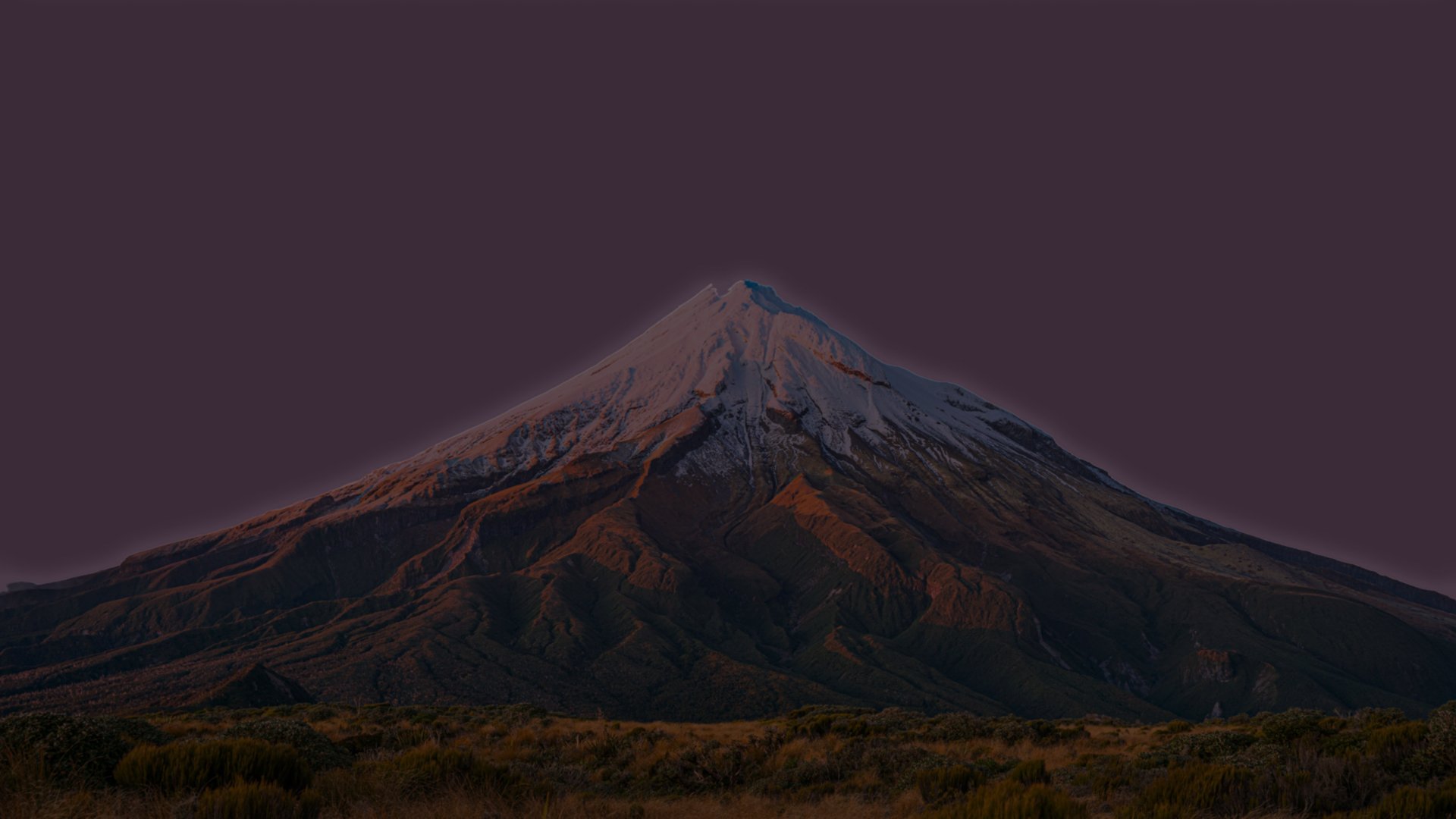
Redefining veal, with ethics and excellence
Ethical. Authentic. Exquisite.
At Rose Gold Veal, our mission is to rewrite the veal narrative — proving that bobby calves can live an ethical, high-quality life. Our animals roam freely, enjoy an all-you-can-eat diet, and are never dehorned or castrated.
We exist to offer a premium eating experience — one that’s thoughtfully produced and fair across the entire farm-to-fork value chain.
FAQs
-
Veal is meat from a young calf, like lamb meat is from young sheep. Veal is lighter in colour and more delicate in flavour than beef. Our veal comes from calves raised outdoors, on real grass and milk, right here under the sun, on the Taranaki Plains of New Zealand.
-
Rose veal is a more natural kind of veal. It’s pink (not white) because the calves eat grass and move around freely. We raise them until around 6 - 8 months old, which is longer than in traditional veal systems overseas.
-
Rose veal is packed with nutrients and health benefits. It’s a lean protein source, lower in fat compared to other types of meat like beef and pork, and is rich in essential nutrients like vitamin B12, iron and zinc, which play important roles in the body. Eating veal can support muscle growth and even boost brain health.
-
That’s a fair question. Most people only know about veal from outdated or overseas systems where calves were kept in crates and fed only milk. We don’t do that.
Our animals are free to roam, eat as much as they like, and are cared for by farmers who genuinely value animal welfare. We believe giving calves a real life and proper care is better than the alternative, being sent to the abattoir as bobby calves less than 7 days old.
-
In dairy farming, cows have calves to produce milk. Many of those calves (especially males) aren’t needed for milk production, as they can’t produce milk and struggle to put on weight. These calves are usually sent to slaughter within a week of being born. These are called bobby calves, or more recently, non-replacement calves.
We give those animals a longer, better life, and turn what would’ve been waste, into something meaningful.
-
Absolutely! Our calves are raised on pasture, with space to move, graze as much as they want, and grow. They’re never confined and the boys are never castrated!
-
Super simple. Treat it gently, like a good piece of fish or lamb. You can grill, roast, stir-fry, or pan-sear it. We’ve got recipes and tips coming soon, or ask your local butcher for advice.
-
Nope. We raise our animals naturally. If they get sick, we treat them responsibly and nurse them back to health. We don’t use hormones or growth enhancers.
-
All our veal is raised on the Taranaki Plains of New Zealand, by people who care about their animals and the land. It’s local, traceable, and honest.
-
Yes. By giving bobby calves a purpose, we reduce waste in the dairy industry. Raising them on pasture also means fewer inputs and lower emissions than traditional factory farming or importing meat from other countries.
-
Great question! Kiwis aren’t used to eating veal, it hasn’t been part of our food culture. But that’s changing. More chefs and butchers are rediscovering it as a beautiful, sustainable meat option. We’re here to make that easy.
-
It’s a premium product, but we price it fairly. You’re paying for ethical farming, local production, and quality you can taste. And because it cooks quickly and pairs well with lots of ingredients, a little goes a long way!
© Rose Gold Veal 2025
Website by Charlotte Joshi.

